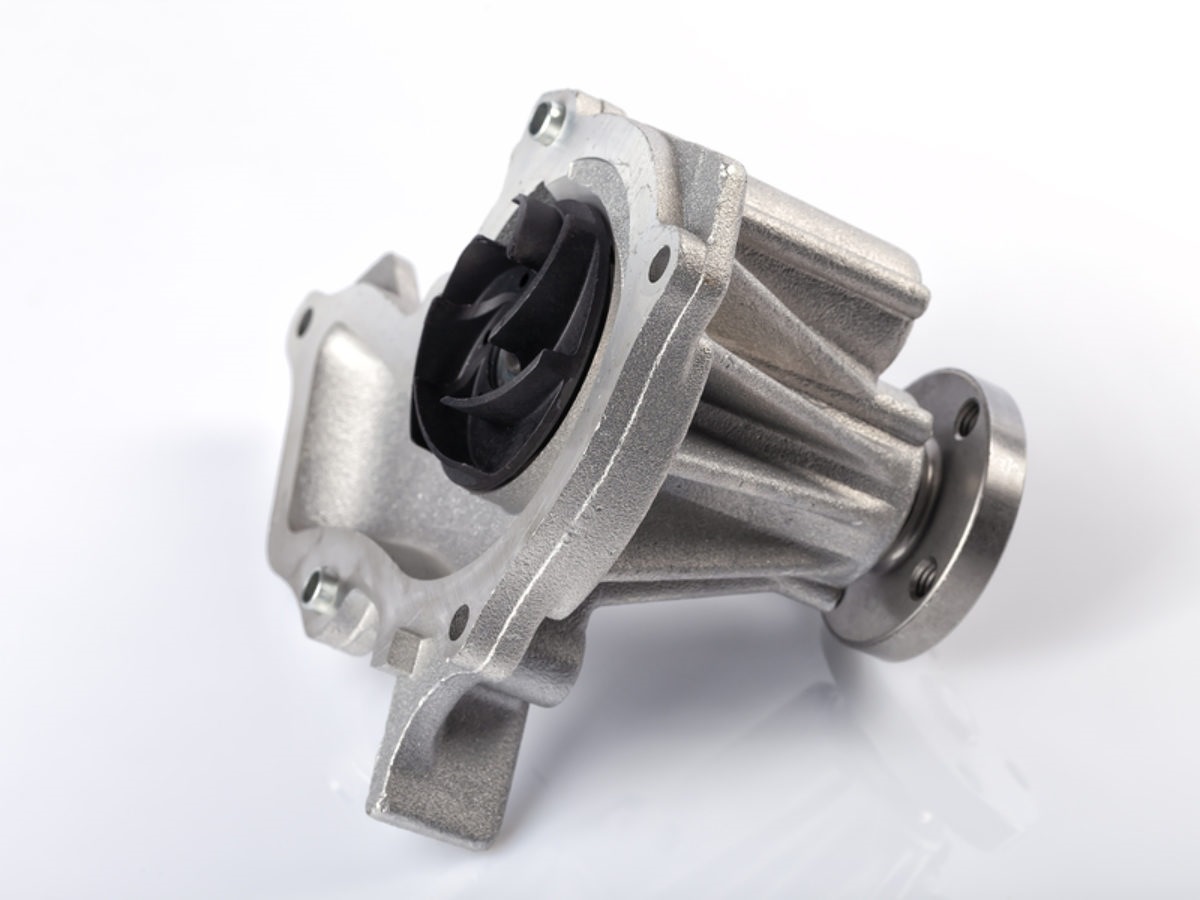

Articles
How Much Does A Water Pump Cost
Modified: January 19, 2024
Looking for articles on how much to pay for a water pump? Find detailed information and pricing guides to help you make an informed decision.
(Many of the links in this article redirect to a specific reviewed product. Your purchase of these products through affiliate links helps to generate commission for Storables.com, at no extra cost. Learn more)
Introduction
Welcome to our comprehensive guide on water pump costs. Whether you’re looking to replace an old water pump or install a new one, understanding the factors that influence the cost is crucial. A water pump is an essential component in many residential and commercial settings, providing a steady supply of water for various applications, such as irrigation, well systems, and household use.
In this article, we will explore the different factors that affect water pump costs, the various types of water pumps available, and the average costs associated with each type. Additionally, we will discuss the additional costs you may encounter during the installation process and provide tips for choosing the right water pump and deciding between DIY installation versus hiring a professional.
By the end of this guide, you will have a better understanding of the costs involved in water pump installation and be equipped with the knowledge to make informed decisions when it comes to selecting and installing a water pump.
Key Takeaways:
- Understanding the factors affecting water pump costs, such as type, power capacity, and installation complexity, is crucial for making an informed decision and estimating the overall expense accurately.
- Whether opting for DIY or professional installation, considering factors like energy efficiency, proper sizing, and regular maintenance will ensure a reliable and efficient water pump that meets specific needs and budget.
Factors Affecting Water Pump Costs
Several factors can impact the cost of a water pump. Understanding these factors will help you estimate the overall expense and make a more informed decision. Here are the key factors affecting water pump costs:
- Type of Water Pump: The type of water pump you choose will significantly influence the cost. Different types of pumps, such as centrifugal, submersible, and jet pumps, have varying price ranges based on their design, power capacity, and intended application.
- Power and Pump Capacity: The power and pump capacity required for your specific needs will directly affect the cost. Pumps with higher horsepower and greater capacity tend to be more expensive.
- Material and Quality: The quality and material of the water pump will impact its cost. Pumps made of durable materials like stainless steel or cast iron are usually more expensive than those made of plastic or other less sturdy materials.
- Brand Reputation: Well-known brands with a reputation for superior quality typically command higher prices compared to lesser-known or generic brands.
- Installation Complexity: The complexity of the installation process can influence the overall cost. Factors such as the accessibility of the installation site, the need for additional plumbing or electrical work, and the distance from the water source can all impact the installation expense.
- Location: The location where you need the water pump installed can affect the cost. Factors such as local labor rates, permit requirements, and regional supply and demand dynamics can lead to price variations.
- Warranty and Service: Pumps with longer warranty periods or available service plans may have a higher upfront cost but can provide peace of mind and potential cost savings in the long run.
It’s important to consider these factors when estimating the cost of a water pump. By understanding the specific requirements of your project and evaluating these factors, you can make a more accurate budget and choose the right pump for your needs.
Types of Water Pumps
Water pumps come in various types, each designed for specific applications and operating conditions. Understanding the different types of water pumps will help you choose the right one for your needs. Here are some common types of water pumps:
- Centrifugal Pumps: Centrifugal pumps are widely used in residential, commercial, and industrial applications. They work by converting rotational kinetic energy into hydrodynamic energy, creating a centrifugal force to move water. These pumps are known for their efficiency, reliability, and ability to handle high flow rates.
- Submersible Pumps: Submersible pumps are designed to be submerged underwater, typically in wells or sumps. They are sealed units with a built-in motor and impeller, allowing them to pump water directly from the source. Submersible pumps are often used in deep wells or applications where there are space constraints.
- Jet Pumps: Jet pumps utilize a combination of centrifugal force and suction to draw water from a well or other water source. They are typically used in shallow wells or situations where the water source is not deep underground. Jet pumps are versatile and can be used for various residential and light commercial applications.
- Solar-Powered Pumps: Solar-powered pumps are an eco-friendly option that utilizes solar energy to power the pump. These pumps are ideal for remote areas where access to electricity is limited. Solar-powered pumps can be submersible or surface-mounted, depending on the application.
- Booster Pumps: Booster pumps are designed to increase water pressure, ensuring a consistent flow in systems with low pressure. These pumps are commonly used in residential and commercial settings to boost water supply to bathrooms, sprinkler systems, and other water-dependent appliances.
Each type of water pump has its advantages and is suitable for specific scenarios. Factors such as the depth of the water source, required flow rate, and available power source will influence the choice of water pump for your specific needs. Consulting with a professional can help you determine the most suitable type of water pump for your application.
Average Cost of Different Water Pumps
The cost of water pumps can vary greatly depending on the type, brand, and specific requirements of your project. Here is a general overview of the average costs associated with different types of water pumps:
- Centrifugal Pumps: On average, centrifugal pumps can range in price from $150 to $2,000 or more, depending on factors such as horsepower, flow rate, and brand. Higher-end centrifugal pumps with larger capacities or specialized features may cost more.
- Submersible Pumps: Submersible pumps tend to have a higher price range compared to other types, primarily due to their design and ability to operate underwater. The average cost of a submersible pump can range from $300 to $3,000 or more, depending on factors such as horsepower, depth rating, and brand.
- Jet Pumps: Jet pumps are generally more affordable compared to centrifugal or submersible pumps. The average cost of a jet pump can range from $100 to $1,000 or more, depending on factors such as horsepower, flow rate, and brand.
- Solar-Powered Pumps: Solar-powered pumps can be more expensive upfront due to the inclusion of solar panels and associated components. The average cost of a solar-powered pump can range from $500 to $5,000 or more, depending on factors such as power capacity, solar panel efficiency, and brand.
- Booster Pumps: Booster pumps are typically more affordable compared to other types of pumps. The average cost of a booster pump can range from $100 to $800 or more, depending on factors such as horsepower, pressure boosting capacity, and brand.
It’s important to note that these are average price ranges, and the actual cost may vary based on factors such as brand reputation, warranties offered, and any additional features or customization required. Consulting with a professional and obtaining multiple quotes will provide a more accurate estimate for your specific water pump needs.
Additional Costs to Consider
When budgeting for a water pump installation, it’s important to consider additional costs that may arise throughout the process. These costs can vary depending on the specific requirements of your project. Here are some additional costs to keep in mind:
- Installation Materials: In addition to the cost of the water pump itself, you may need to purchase additional materials such as pipes, fittings, valves, and electrical wiring to complete the installation. The cost of these materials will depend on the length, size, and quality required.
- Professional Installation: If you choose to hire a professional to install the water pump, you will need to factor in the cost of labor. Professional installation ensures proper setup and reduces the risk of errors or complications. The cost of professional installation can vary based on factors such as the complexity of the installation, local labor rates, and any additional plumbing or electrical work required.
- Permits and Inspections: Depending on your local regulations, you may need to obtain permits and undergo inspections before installing a water pump. The cost of permits and any associated fees will vary depending on your location.
- Maintenance and Repairs: Over time, water pumps may require maintenance or repairs. It’s important to factor in the potential costs of routine maintenance, such as replacing worn-out parts or scheduling professional servicing. Additionally, you may want to consider purchasing an extended warranty or service plan to cover any unforeseen repairs.
- Energy Costs: Depending on the power requirements and usage of your water pump, it’s essential to consider the ongoing energy costs. Higher-powered pumps or those that run continuously may result in higher electricity bills. Opting for energy-efficient models can help reduce long-term energy costs.
By accounting for these additional costs, you can ensure that your budget adequately covers the complete installation and maintenance of your water pump. It’s always advisable to obtain multiple quotes from reliable suppliers and contractors to get a better understanding of the overall expenses involved.
When shopping for a water pump, consider the flow rate, head pressure, and power source to ensure it meets your specific needs. Additionally, look for a pump with a durable construction and a reputable brand for reliability.
Read more: How Much It Cost To Replace Water Pump
DIY vs Professional Installation: Cost Comparison
When it comes to installing a water pump, you have the option to either tackle the project yourself or hire a professional for installation. Each choice comes with its own set of advantages and considerations, including cost implications. Let’s compare the costs associated with DIY installation versus professional installation:
DIY Installation
Opting for a DIY installation can save you money on labor costs. However, it’s essential to assess your skills, knowledge, and comfort level with plumbing and electrical work before committing to a DIY project. While it may seem cost-effective initially, DIY installations can come with their own challenges and potential pitfalls.
- Cost of Materials: As a DIY installer, you will need to purchase all the necessary materials for the installation, including the water pump, pipes, fittings, and other components. The cost of these materials will vary depending on the specifications and requirements of your project.
- Tools and Equipment: If you don’t already have the required tools and equipment, you may need to invest in purchasing or renting them. This can add to the upfront costs of the DIY installation.
- Time and Effort: DIY installations typically require more time and effort, especially if you are unfamiliar with the process. You will need to invest time in researching, planning, and executing the installation, which can be a significant commitment.
Professional Installation
Hiring a professional to install your water pump comes with various advantages, including expertise, efficiency, and peace of mind. While it may involve higher upfront costs, professional installations can ensure proper setup, minimize the risk of errors, and offer warranties or guarantees.
- Labor Costs: Professional installations involve paying for the expertise and labor of the installer. The cost of professional installation will vary depending on factors such as the complexity of the project, local labor rates, and any additional plumbing or electrical work required.
- Experience and Expertise: Professional installers have the knowledge, skills, and experience to handle the installation efficiently and effectively. Their expertise can minimize the risk of errors and ensure that the water pump is installed correctly for optimal performance.
- Warranty and Guarantees: Many professional installers offer warranties or guarantees on their work. This can provide additional peace of mind and protection in the event of any issues or complications with the water pump installation.
Ultimately, the choice between DIY and professional installation depends on your comfort level, budget, and the complexity of the project. If you have the necessary skills and experience, a DIY installation can save you money. However, if you’re unsure or don’t have the time or expertise, investing in a professional installation may be the wiser choice to ensure a successful and hassle-free outcome.
Tips for Choosing and Installing a Water Pump
Choosing and installing a water pump requires careful consideration to ensure optimum performance and longevity. Here are some helpful tips to guide you through the process:
- Assess your needs: Determine the specific requirements of your water pump, such as the intended application, flow rate, and pressure needs. This will help you choose the right type and capacity of the pump for your needs.
- Research different brands: Look for reputable brands that offer reliable and durable water pumps. Read reviews, check customer ratings, and compare features to make an informed decision.
- Consult with professionals: If you’re unsure about the right pump for your needs, consider consulting with a professional plumber or water pump specialist. They can provide expert advice and help you select the most suitable pump for your specific requirements.
- Consider energy efficiency: Energy-efficient pumps can help reduce long-term energy costs. Look for pumps with high Energy Efficiency Ratio (EER) ratings or those that meet industry standards for energy efficiency.
- Proper sizing: Ensure that the pump you choose is correctly sized for your application. Oversized or undersized pumps can lead to inefficiency and premature wear. Consult the manufacturer’s specifications or seek professional advice to determine the appropriate size for your needs.
- Follow installation guidelines: When installing the water pump, carefully follow the manufacturer’s installation guidelines and recommendations. Improper installation can lead to performance issues or even damage the pump.
- Ensure proper electrical connection: If your water pump requires electrical power, make sure to adhere to electrical codes and safety measures. If you’re unsure, it’s best to hire a professional electrician for the electrical connection.
- Maintain regular upkeep: Regular maintenance is essential for the longevity and optimal performance of your water pump. Follow the recommended maintenance schedule provided by the manufacturer, including tasks such as cleaning, lubrication, and inspection.
- Keep records: Maintain records of the pump’s installation date, warranty information, and any service or maintenance performed. This will help you track its lifespan and ensure warranty coverage if any issues arise.
By following these tips, you can make an informed decision when selecting a water pump and ensure a proper and successful installation. Regular maintenance and adherence to manufacturer’s guidelines will help extend the life of your pump and ensure that it continues to perform optimally for years to come.
Read more: How Much Does It Cost To Finish An Attic
Conclusion
Choosing and installing a water pump is a crucial decision that can have a significant impact on the water supply in your residential or commercial setting. By understanding the factors that affect water pump costs and considering the various types available, you can make an informed choice that aligns with your needs and budget.
When estimating the cost of a water pump, remember to account for factors such as the type of pump, power and pump capacity, material and quality, brand reputation, installation complexity, location, and warranty and service options. Additionally, be sure to consider the additional costs associated with materials, professional installation, permits and inspections, maintenance and repairs, and ongoing energy usage.
When it comes to installation, you have the option of DIY or professional installation. While DIY installation can save on labor costs, it is important to assess your skills and comfort level before embarking on the project. Hiring a professional ensures expertise, efficiency, and peace of mind, although it may involve higher upfront costs.
Remember to follow the manufacturer’s guidelines when choosing and installing your water pump. Assess your specific needs, research different brands, consult with professionals, and consider factors such as energy efficiency and proper sizing. Regular maintenance and record-keeping will help extend the life of your pump and ensure its continued optimal performance.
By considering these tips and factors, you can make an informed decision about choosing and installing a water pump that meets your needs, budget, and specific requirements. Whether you opt for a centrifugal, submersible, jet, solar-powered, or booster pump, a well-planned installation will provide you with a reliable and efficient water supply for years to come.
Frequently Asked Questions about How Much Does A Water Pump Cost
Was this page helpful?
At Storables.com, we guarantee accurate and reliable information. Our content, validated by Expert Board Contributors, is crafted following stringent Editorial Policies. We're committed to providing you with well-researched, expert-backed insights for all your informational needs.
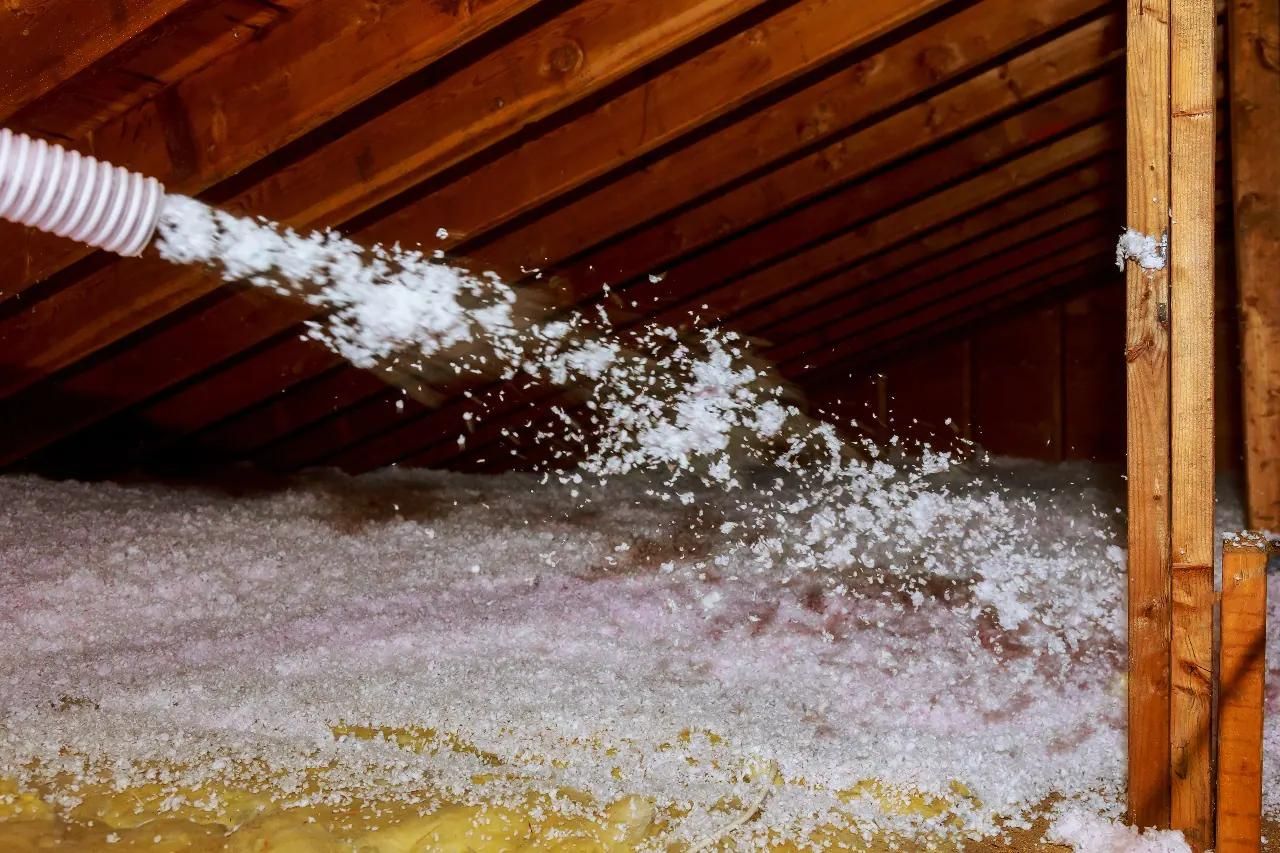

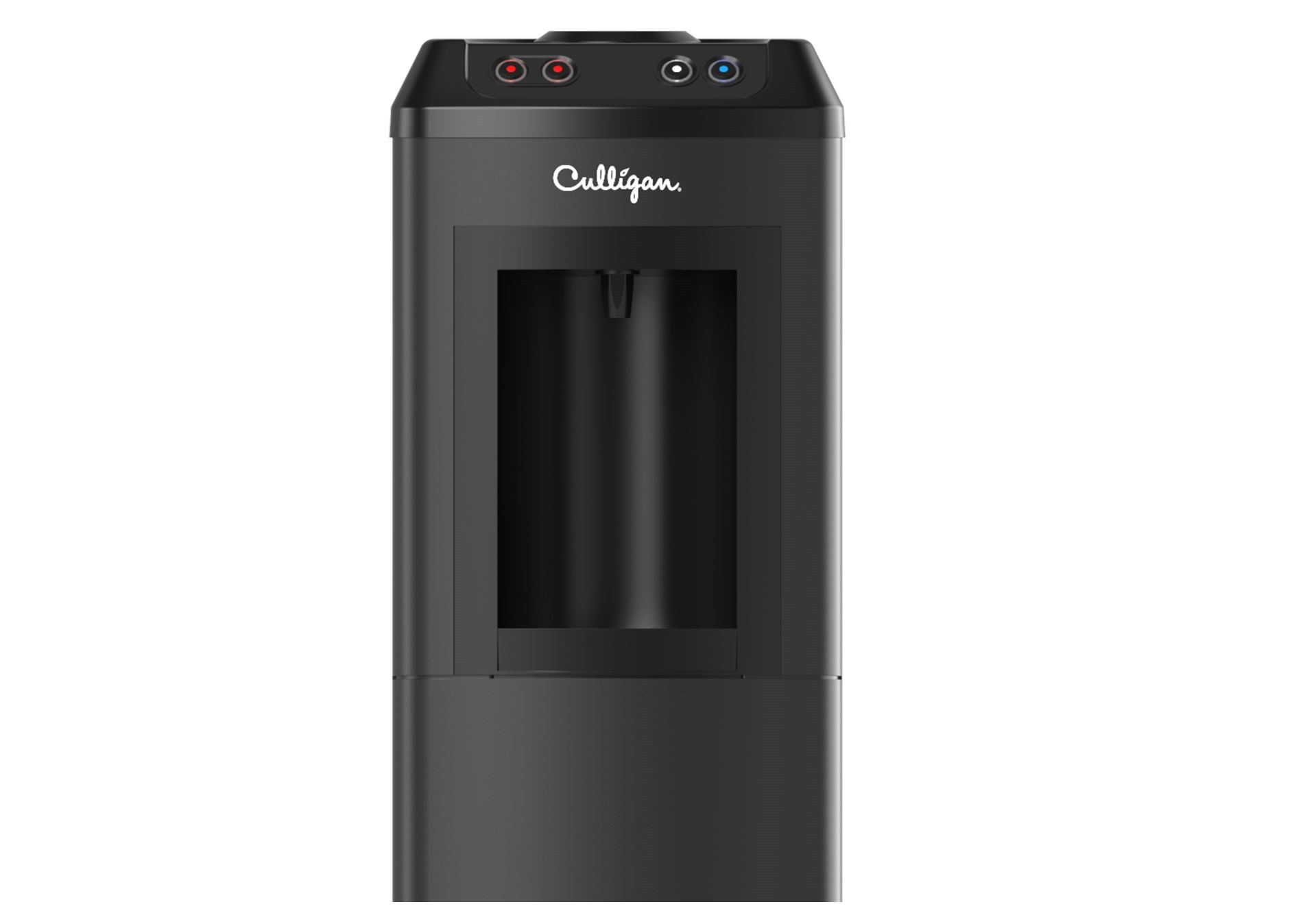
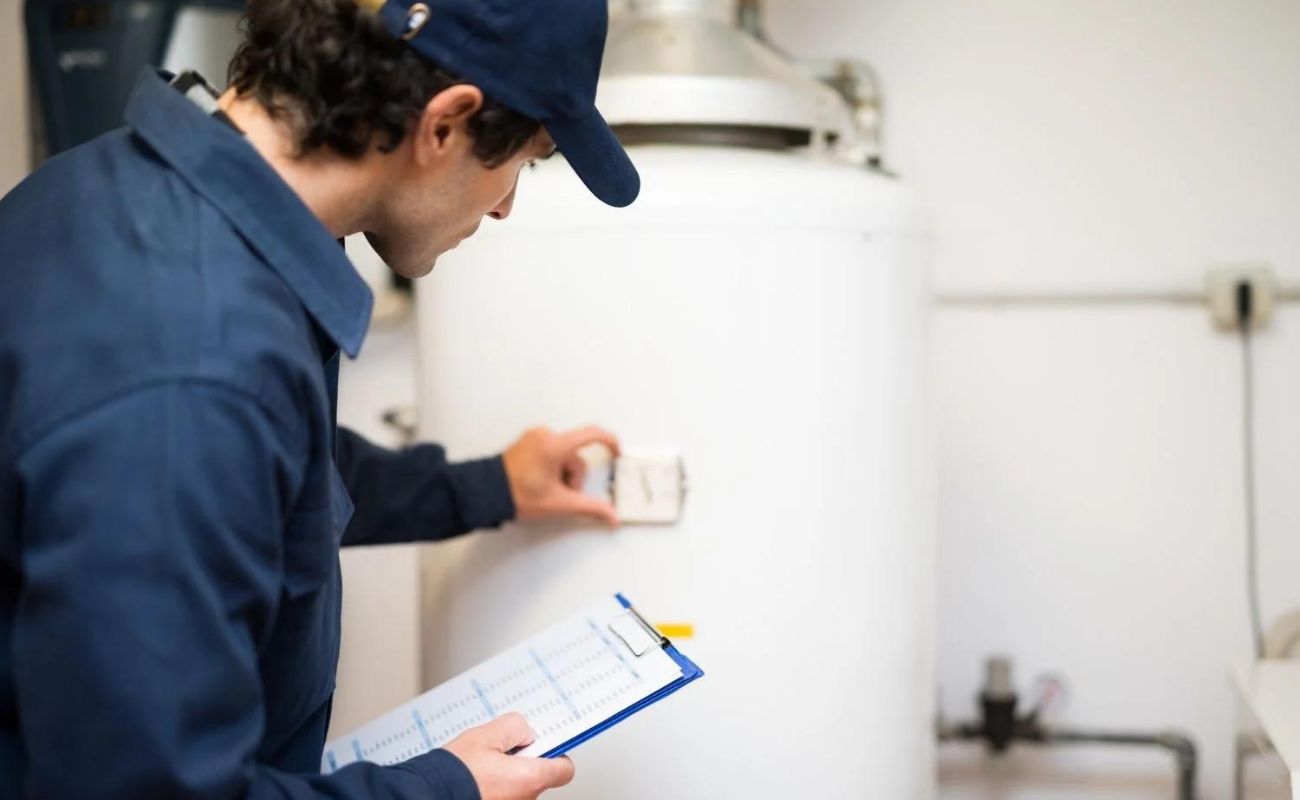
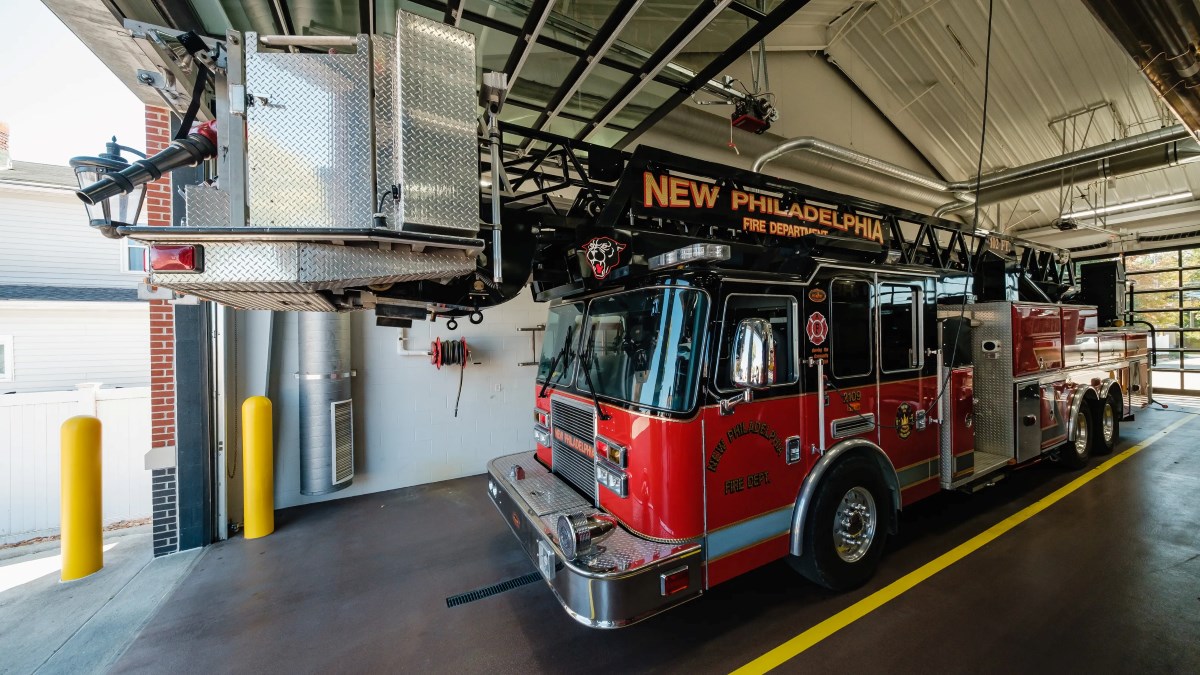

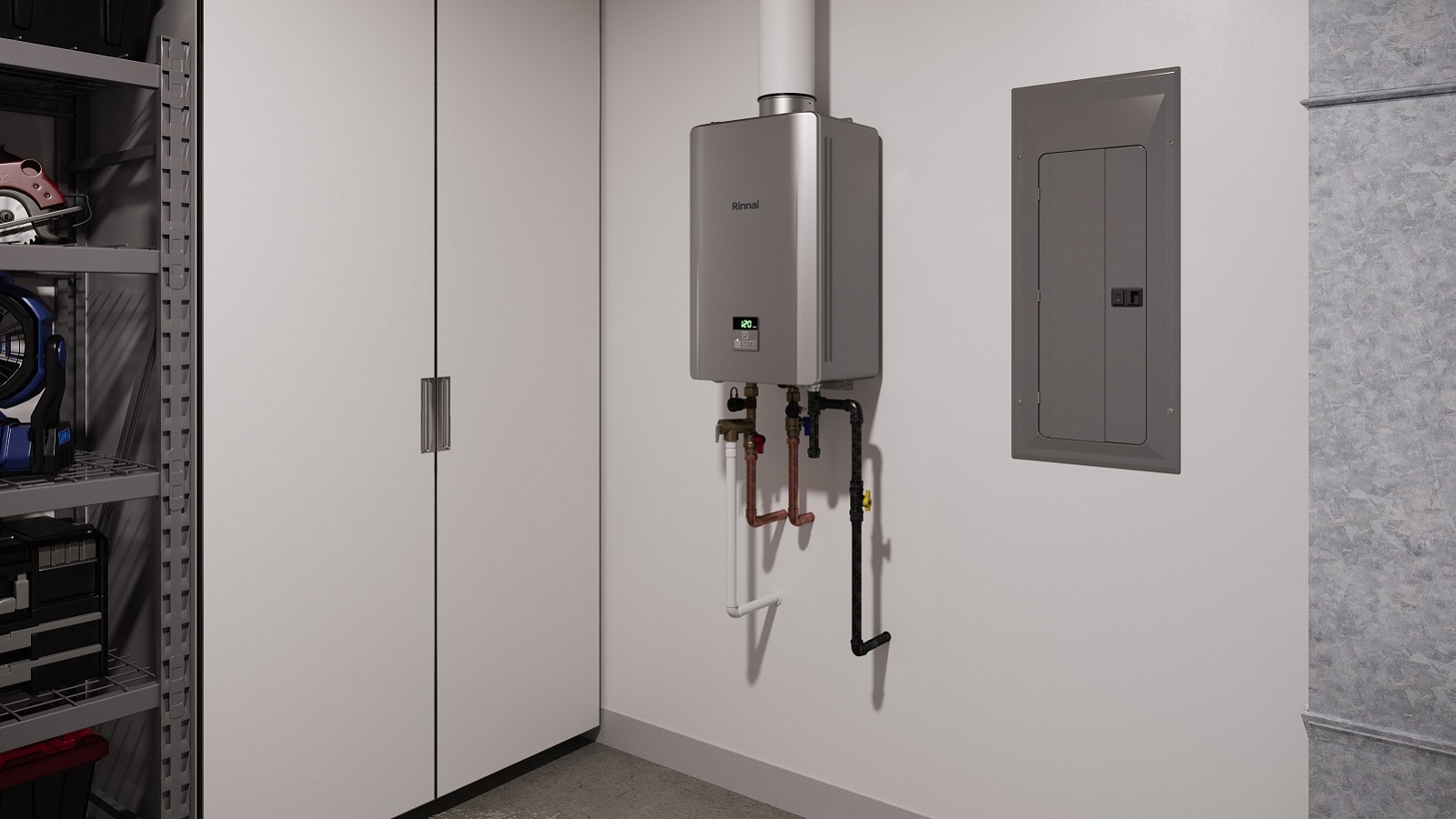
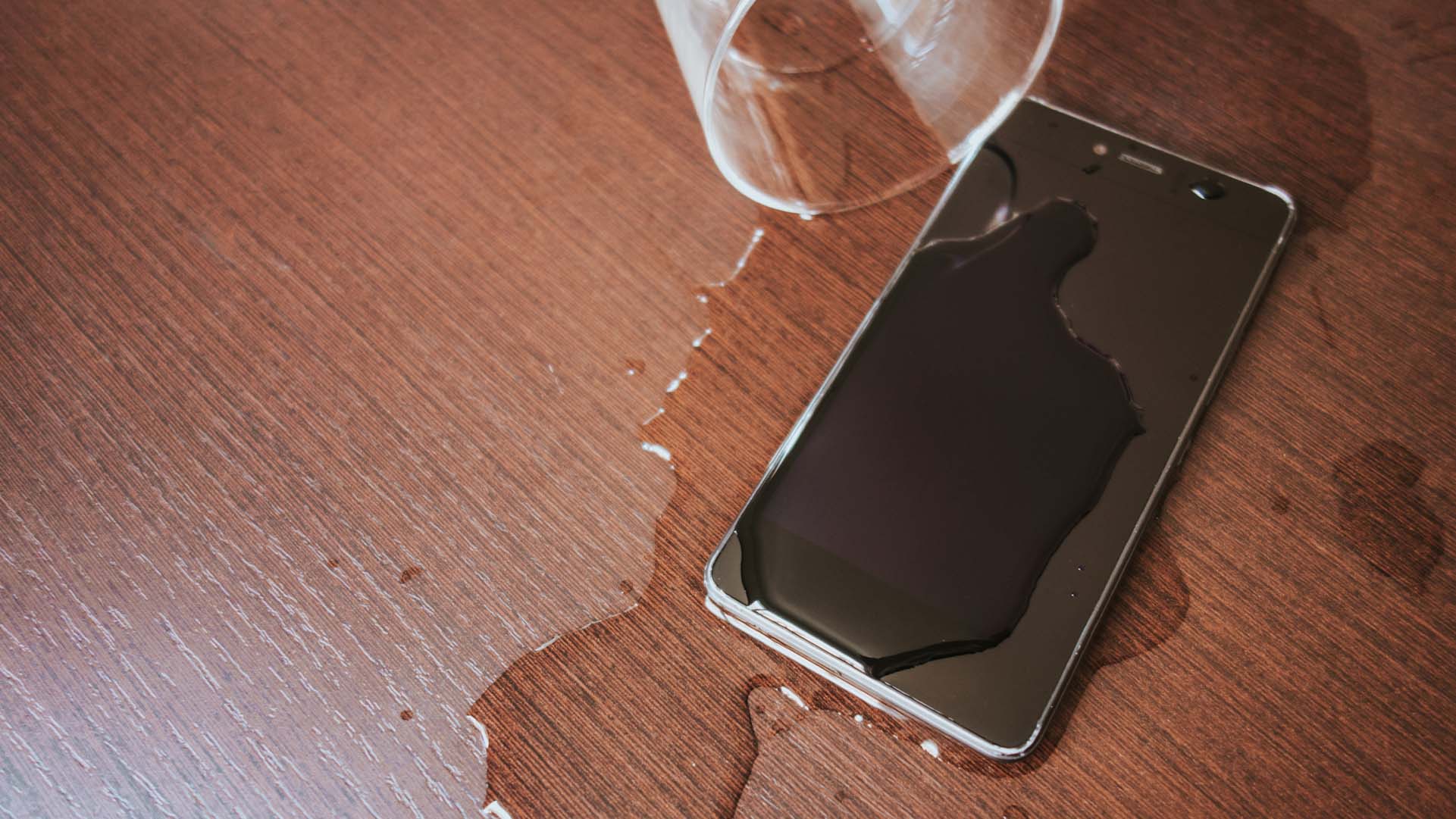
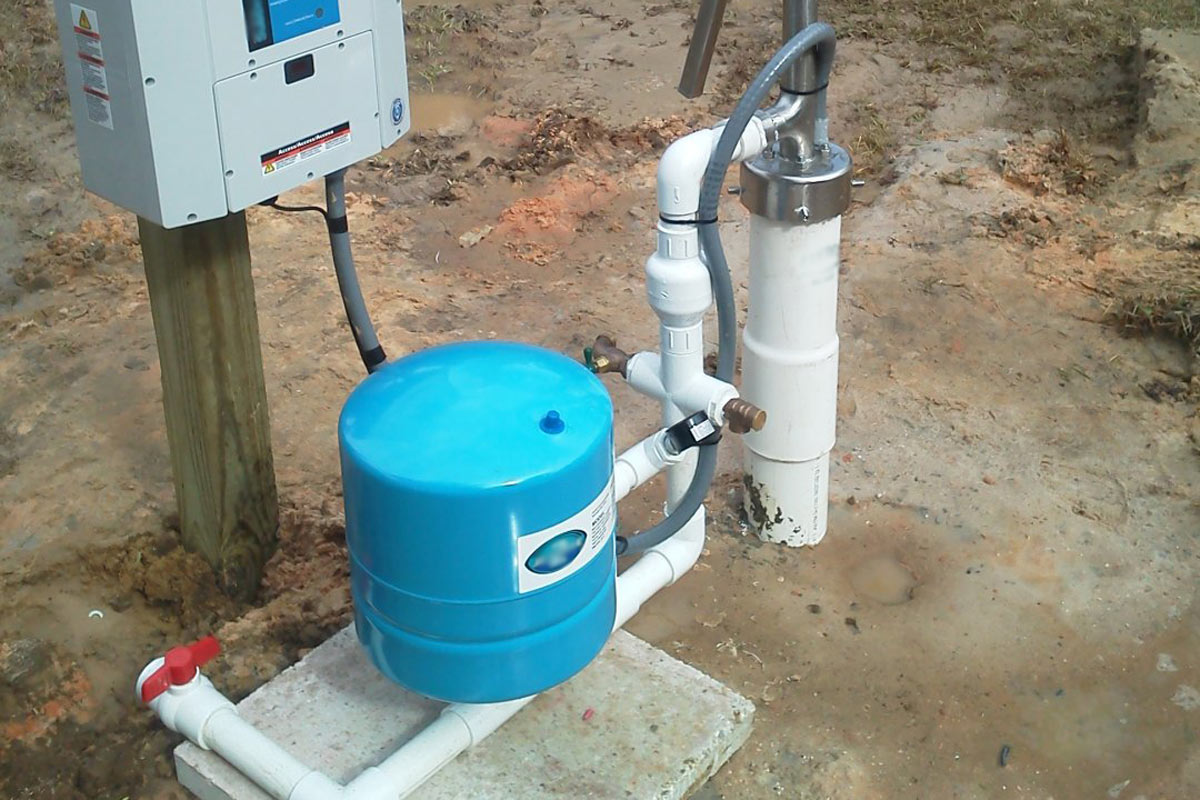
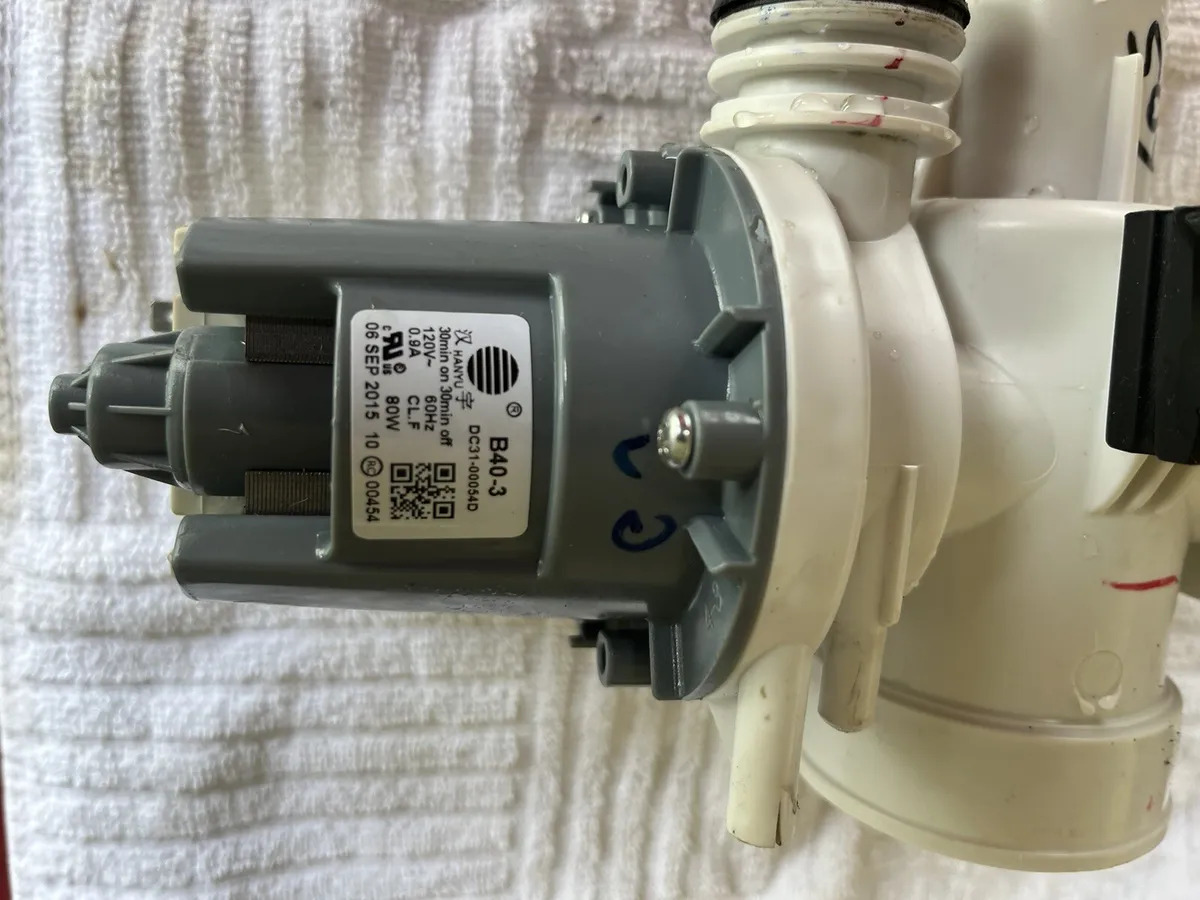
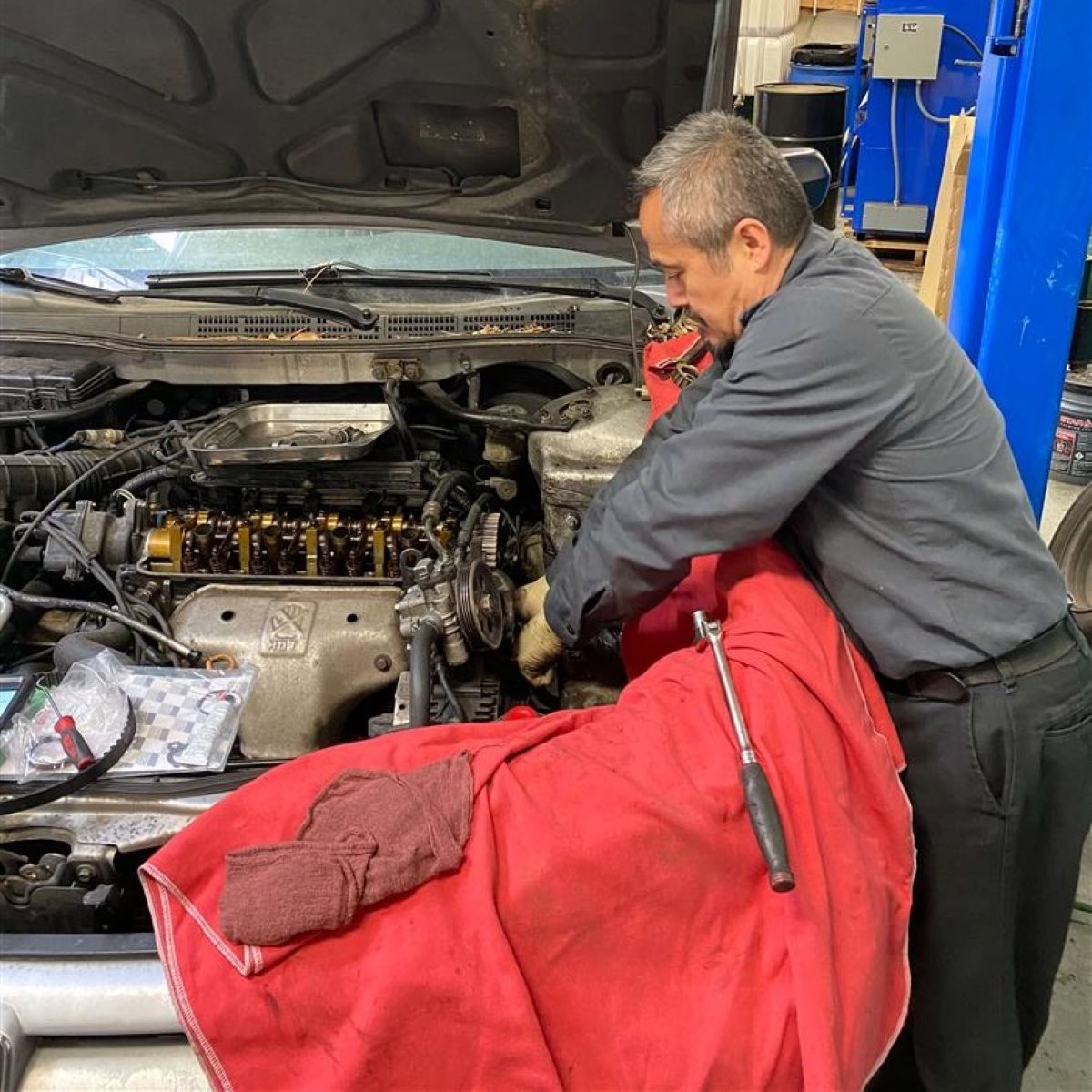
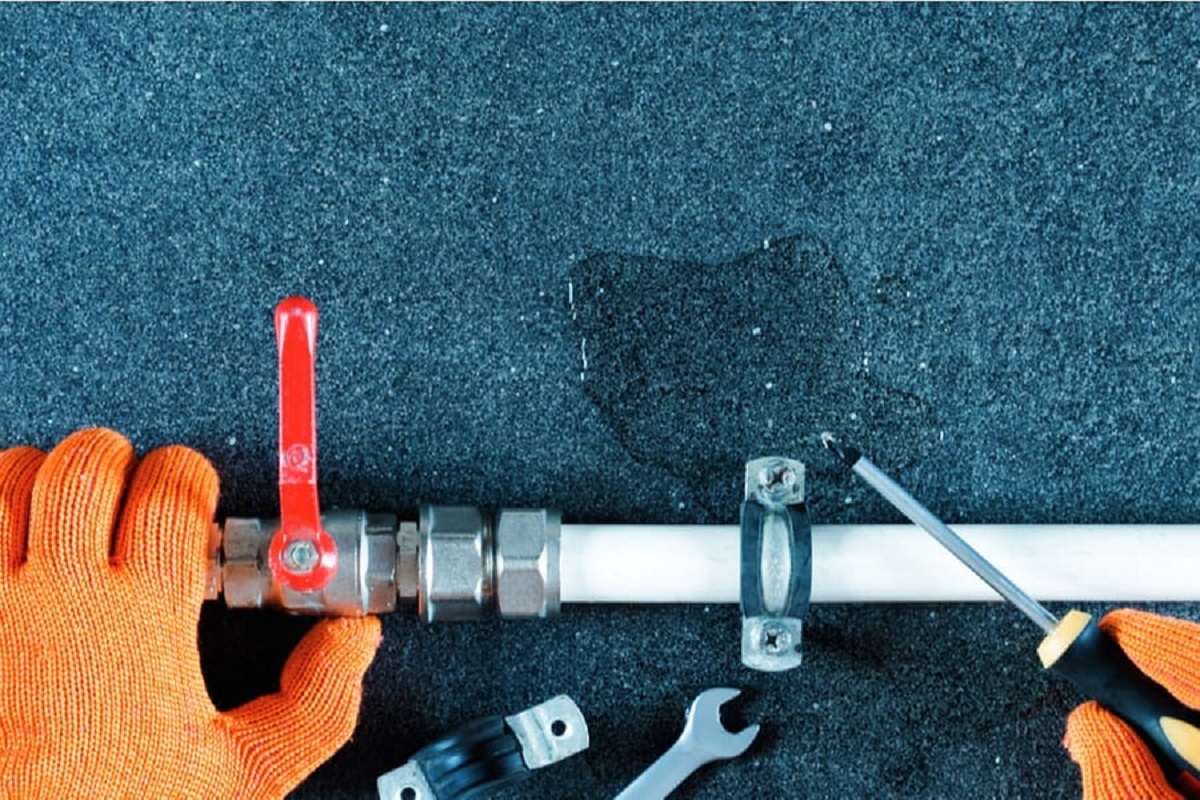
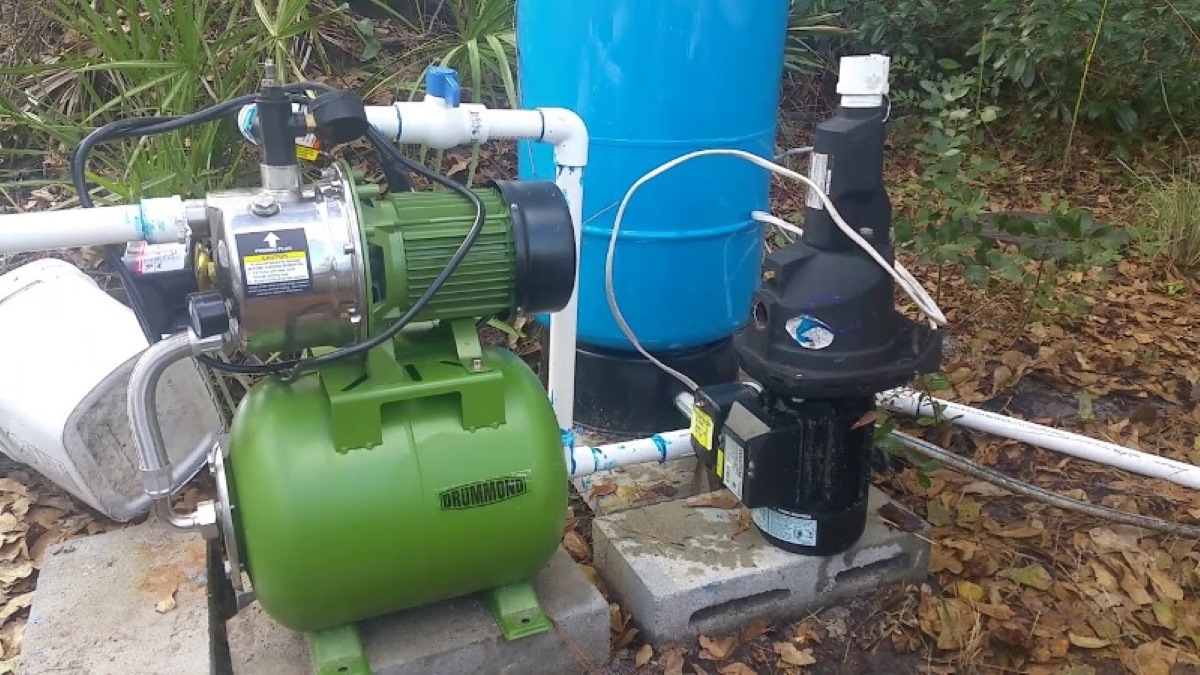

0 thoughts on “How Much Does A Water Pump Cost”